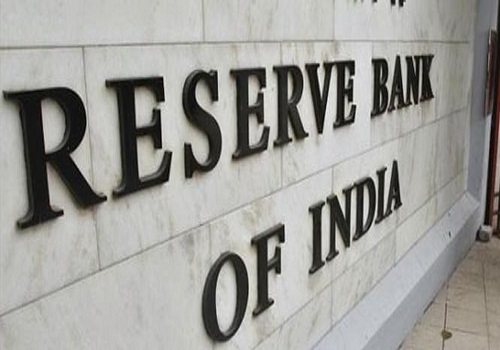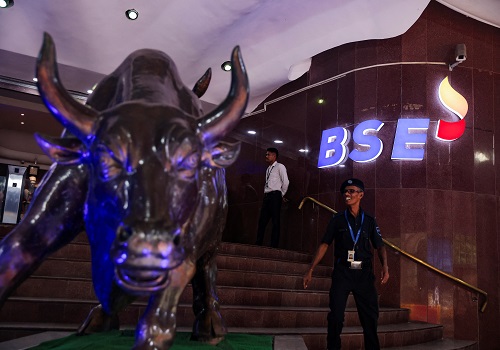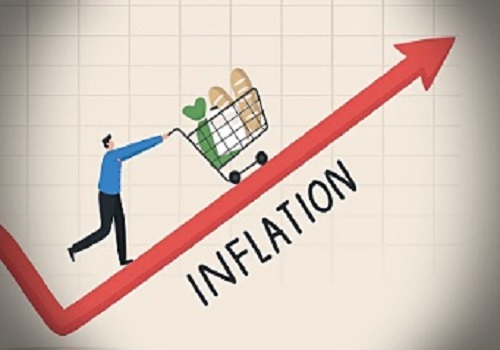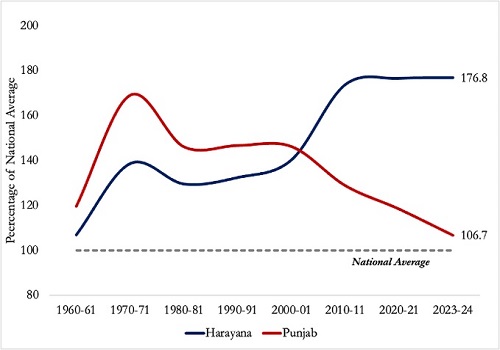India`s cloudy price outlook to keep MPC focused on inflation - minutes
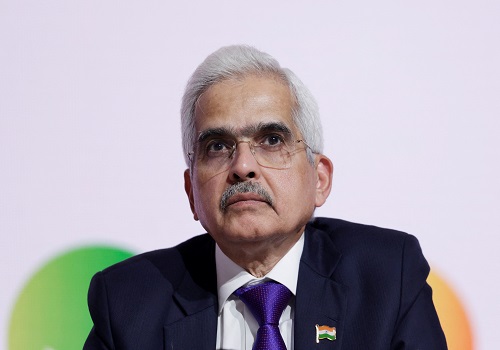
Follow us Now on Telegram ! Get daily 10 - 12 important updates on Business, Finance and Investment. Join our Telegram Channel
India's monetary policy committee (MPC) will remain vigilant of inflation risks, with the overall outlook remaining clouded by volatile and uncertain food prices, members of the committee said in the December policy meeting minutes, released on Friday.
"On the growth front, the economy is running at full steam," wrote Rajiv Ranjan, executive director at the Reserve Bank of India (RBI) and a member of the six-people MPC.
"The best way monetary policy can support this high growth trajectory is by maintaining its commitment to price stability."
The MPC, which consists of three RBI members and three external members, kept the repo rate unchanged at 6.50% for the fifth consecutive meeting earlier in December.
Retail inflation rose 5.55% in November, its fastest pace in three months, due to higher food prices.
The MPC voted by a majority of 5 to 1 on maintaining the 'withdrawal of accommodation' stance. Sole dissenter Jayant Varma said he would prefer to not have a stance at all or that it should be changed to neutral.
"Any shift in policy stance now would be premature and risky," RBI Governor Shaktikanta Das said in his minutes.
Ranjan agreed and said a change in stance to neutral could send the wrong signals to the market when expectations are already running ahead of policy intent.
The central bank's objective of aligning inflation with its 4% target on a durable basis is far from assured and a failure to do so could risk economic growth, the bank said in its latest bulletin published on Wednesday.
Deputy Governor Michael Patra said the recent high growth numbers reinforced the view that the output gap in India had turned positive since the beginning of the year and remained so.
"This points to the likelihood of demand-pull shaping the course of inflation outcomes in the period ahead, amplifying future supply shocks," he said.
However, external MPC member Ashima Goyal wrote that real rates could easily become too high if inflation sustainably approaches 4% by mid-2024 and if nothing is done.
Repeated supply shocks so far have not been able to raise inflation expectations or reverse the decline in core inflation, she added.












 320-x-100_uti_gold.jpg" alt="Advertisement">
320-x-100_uti_gold.jpg" alt="Advertisement">

